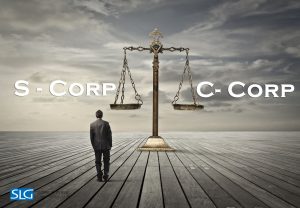Many partnerships begin among friends or individuals with similar interests who have a business idea together. However, having a good business idea and being able to cooperate to actually run a successful partnership are two very different things. In many cases, you may realize that your partner is not pulling his or her own weight or is even bringing the business down through his or her actions, or lack thereof. In such situations, you may naturally wonder what you have to do to remove that partner from the partnership and continue running the company without them.

Unfortunately, simply removing a partner and continuing with business as usual is often much harder than it seems. Your options should be closely evaluated depending on your specific circumstances. Having the assistance from a San Jose partnership attorney will help your business establish a binding partnership agreement that will allow the business to run smoothly and efficiently even if a situation arises between partners.
Do You have a Partnership Agreement?
 San Jose Business Lawyers Blog
San Jose Business Lawyers Blog










